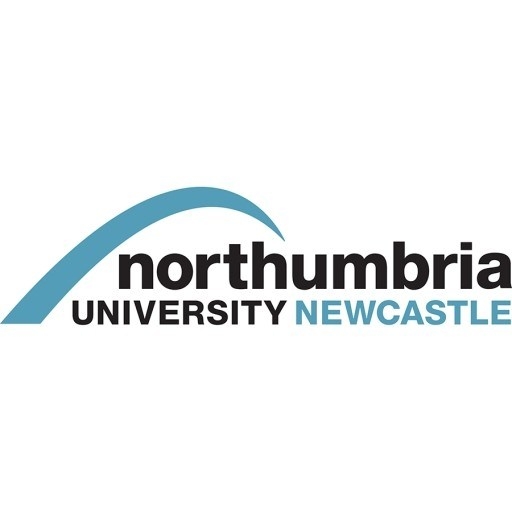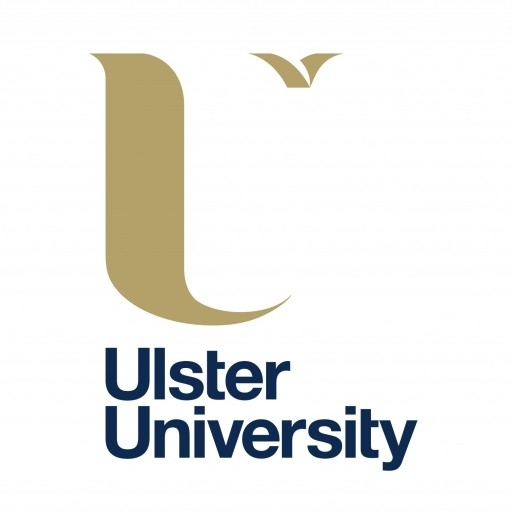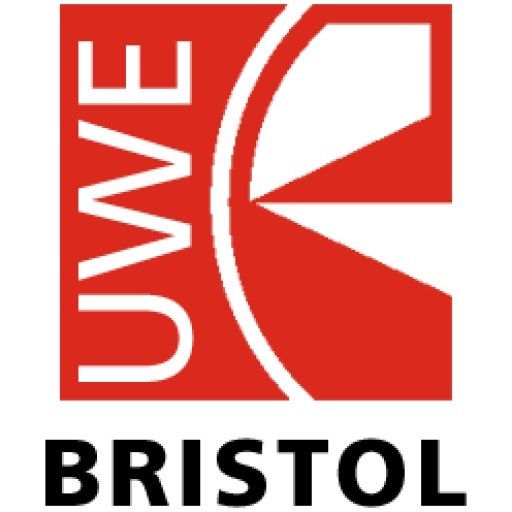Photos of university / #ucl
This MPA is designed for professionals in the public, private and third sectors tasked with balancing the reduction in massive, energy-related carbon emissions and the affordability and accessibility of energy. Students undertake a major live project associated with a real world energy/climate problem and have opportunities to learn from practising energy and climate specialists.
Students are taught the conceptual frameworks, policy analysis tools and analytical methods to develop energy and climate policies. Students also study how energy and climate policies are implemented, evaluated and revised in policy cycles. A focus on leadership and the development of professional skills is emphasised throughout.
Students undertake modules to the value of 180 credits.
The programme consists of four core modules (105 credits), one optional module (15 credits), an elective module (15 credits), and a major group project module (45 credits).
Core modules
Students undertake three core modules with students from sister MPA programmes, and a specialist module focussing on their degree topic.
- Introduction to Science, Technology, Engineering and Public Policy
- Analytical Methods for Policy
- Energy, Technology and Climate Policy
- Evidence, Institutions and Power
Optional modules
Students select one optional STEaPP module from the following:
- Science, Technology and Engineering Advice in Practice
- Risk Assessment and Governance
- Communicating Science for Policy
- Negotiation, Mediation and Diplomacy
Students will then also select one further 15-credit graduate module which is relevant to their degree of study. This module can be selected from any UCL department.
Dissertation/report
In the group project, students work with an external client on a relevant policy challenge. With the support of STEaPP academic staff, the multidiscipinary student groups work together to produce an analysis that meets their clients' needs.
Teaching and learning
The programme combines innovative classroom teaching methods with unique scenario-based learning, enabling students to dynamically engage with real-world policy challenges. Scenarios are designed to help students consolidate knowledge and develop essential practical skills and their understanding of principles. During the programme, students acquire a comprehensive range of relevant skills.
If your education has not been conducted in the English language, you will be expected to demonstrate evidence of an adequate level of English proficiency.




